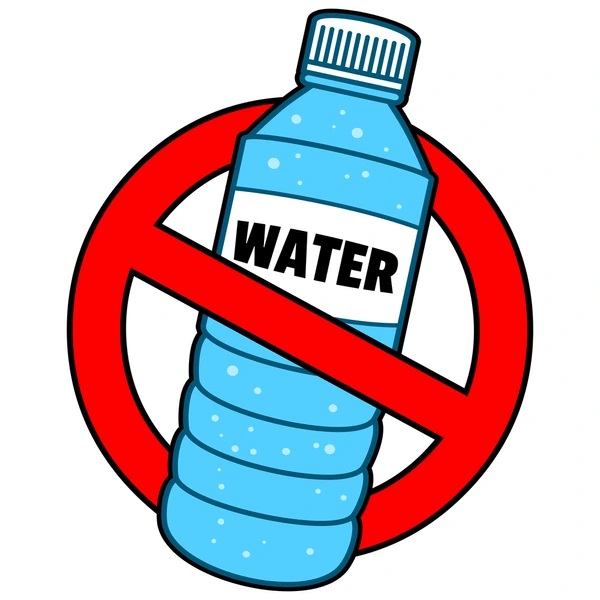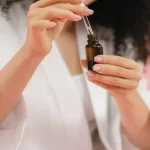
Image Credit-Cristina
Go green say no to bottled water to protect our planet from the growing plastic crisis. Every year, billions of plastic bottles are discarded, polluting our land, oceans, and harming wildlife. The production and transportation of bottled water contribute to carbon emissions, while many bottles end up in landfills, taking centuries to decompose. By switching to reusable bottles and filtered tap water, we can significantly reduce plastic waste and conserve natural resources. Making this small yet impactful change helps create a cleaner, healthier environment for future generations.
Stay with us as we explore why bottled water is harmful and how you can make a difference with simple, eco-friendly choices.
Go Green Say No To Bottled Water: Save The Planet

The Environmental Impact of Bottled Water
Bottled water production and disposal have devastating effects on the environment. Here’s how:
- Plastic Pollution – More than 8 million tons of plastic waste end up in the oceans annually, with plastic bottles being a major contributor. Marine life often mistakes plastic for food, leading to fatal consequences.
- Carbon Footprint – The production and transportation of bottled water generate a massive carbon footprint. It takes three times the amount of water to produce a plastic bottle than the water inside it. The energy used in manufacturing, transporting, and refrigerating bottled water leads to unnecessary greenhouse gas emissions.
- Landfill Overflow – Most plastic bottles are not recycled. Even those that are take hundreds of years to break down, leaching harmful chemicals into the soil and water.
Health Concerns of Bottled Water
While bottled water is often marketed as “pure” and “safe,” the reality is different:
- Microplastics Contamination – Research has found that many bottled water brands contain microplastics, which can be harmful to human health.
- Chemical Leaching – Plastics contain harmful chemicals like BPA, which can leach into the water, especially when bottles are exposed to heat. These chemicals have been linked to various health issues, including hormonal imbalances.
- Questionable Quality – Bottled water is often just filtered tap water, meaning consumers may be paying a premium for something they could get for free at home with a quality filter.
Why Tap Water and Reusable Bottles Are Better
Making the switch to tap water and reusable bottles is one of the simplest ways to help the environment. Here’s why:
Cost-Effective – Investing in a reusable water bottle saves money in the long run compared to buying bottled water.
Better for the Environment – A reusable bottle can last for years, drastically reducing plastic waste.
Healthier Choice – Using a BPA-free bottle and filtering your water ensures cleaner and safer drinking water without microplastics or chemicals.
Easy Steps to Go Green Say No to Bottled Water
- Use a Reusable Water Bottle – Stainless steel, glass, or BPA-free plastic bottles are great alternatives.
- Invest in a Water Filter – A good home water filter can improve tap water quality, making it just as clean (if not cleaner) than bottled water.
- Advocate for Change – Encourage businesses, schools, and offices to provide filtered water stations instead of selling bottled water.
- Spread Awareness – Educate others about the environmental impact of bottled water and promote sustainable choices.
Every small action we take to reduce plastic waste can make a big difference. By choosing to go green say no to bottled water, we can protect the environment, save money, and improve our health. It’s time to embrace sustainable choices and encourage others to do the same. Are you ready to take the pledge? Let us know in the comments how you’re making a difference.
Frequently Asked Questions
Why is bottled water bad for the environment?
Bottled water contributes to plastic pollution, increases carbon emissions, and fills landfills with non-biodegradable waste. The production and transportation of bottled water use excessive energy and natural resources, making it an unsustainable choice.
Is tap water safer than bottled water?
In most developed countries, tap water is highly regulated and tested more frequently than bottled water. A quality water filter can further enhance its safety, eliminating the need for bottled water.
What are the best alternatives to bottled water?
The best alternatives are reusable water bottles made of stainless steel, glass, or BPA-free plastic, paired with filtered tap water. These options are cost-effective, eco-friendly, and healthier.




